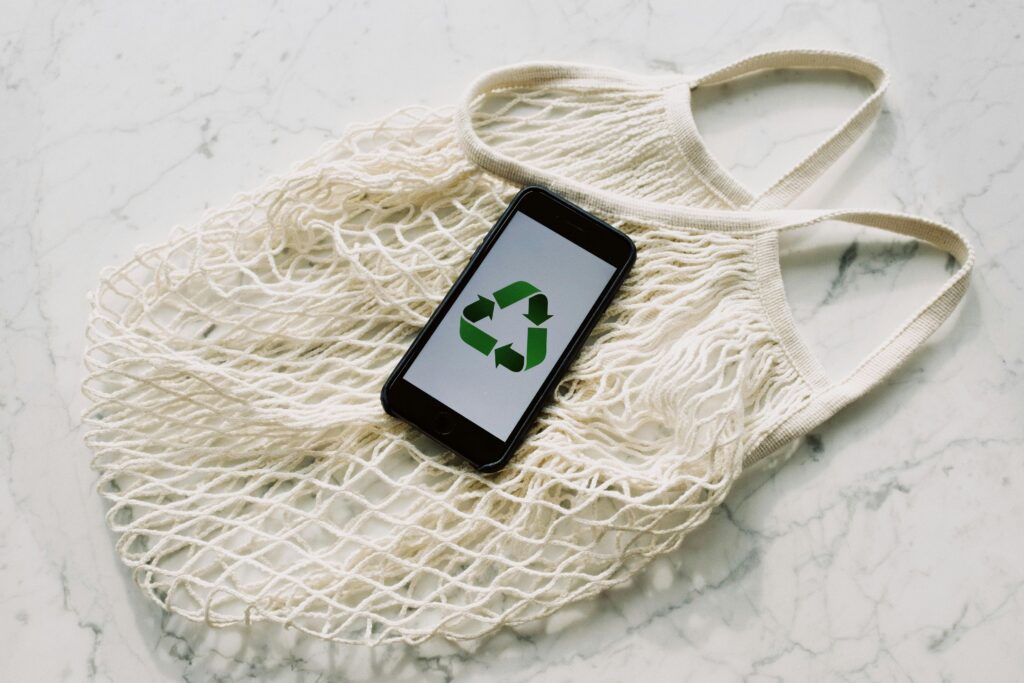


Building a Sustainable Business: Eco-friendly Practices
- Use biodegradable packaging. Your product packaging becomes useless trash as soon as the customer extracts its contents.
- Eliminate paper usage.
- Conserve water.
- Consider renewable energy.
- Invest in green projects.
- Recycle food waste onsite or give it away to gardeners.
- Clean and recycle water on site.
- Use alternative chemicals or dispose of them in a more environmentally sustainable way.
- Install a compost bin.
- Cultivate a relationship with a repair shop to increase the lifespan of the products.
The community and your customers are becoming more environmentally aware and educated
An environmentally friendly business:
- operates in a sustainable manner, causing minimal damage to the environment and using renewable resources where possible.
- considers where its supplies come from and how they are made—it will work with environmentally responsible suppliers and source materials locally to reduce its carbon footprint.
- seeks to remove or minimise any negative effect it has on the environment.
- considers the effect its products and services have on the environment.
- limits unnecessary packaging and manages stock production to reduce waste.
Your business reputation, ability to sell products and services and attract staff may all be affected by the environmental policies and procedures that you have in place.
Table of Contents
Toggle

The benefits of an environmentally friendly business
Being entrepreneur environmentally friendly will have benefits not only for the environment but also for your business.
These benefits include:
- more effectively meeting the product and service needs and expectations of customers who value environmentally friendly practices—they will feel positive after purchasing products from a business that is proving to do no harm or minimises harm to the environment.
- developing a positive reputation.
- being more attractive to staff and business partners who value environmentally sustainable practices.
- attracting new customers who are seeking environmentally friendly products and services.
- creating innovative practices that positively affect the environment and can lead to increased sales.
- having a competitive advantage over non-environmentally friendly competitors.

MANY PATHS TO ONE DESTINATION
A company can choose from a wide range of approaches to improve its social and environmental sustainability. The final decision you make will be influenced by a number of variables, such as the size and composition of your company, whether you manufacture tangible goods, and your unique sustainability objectives. Rethinking every part of your supply chain, partnering with nonprofit organizations, teaching your staff about the challenges, and encouraging volunteers are all great ways to make your business more sustainable.
Naturally, during the course of its first campaign, an organization that has never before undertaken a sustainability program may encounter some growing pains. Professionals can gain from taking an online sustainability course like HBS Online’s Sustainable Business Strategy if they’re interested in incorporating sustainability into their current or future positions.
How can a business be environmentally sustainable?
Recyclable, renewable or biodegradable: Wherever possible, create products that are recyclable, renewable or biodegradable. Use materials that minimize their impact on the environment, free from toxic substances that may contaminate water and soil or deplete the ozone layer.

